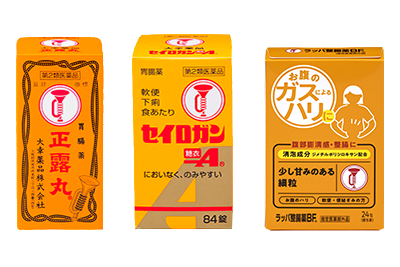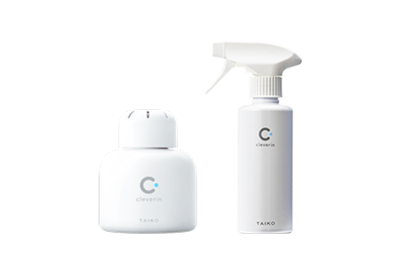Sanitation Control Basic Knowledge
sanitation control in daily life
Although various measures are implemented to prevent infectious diseases based on the infectious agents and modes of transmission, a clean environment, good health, and immunity are the prerequisites. The following are some general guidelines for the prevention of infectious diseases.
Prevention of influenza and common cold
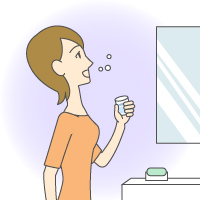
- Adequate nutrition and sleep, avoid stress buildup, and maintain a healthy mood and physical condition.
- Wash your face, mouth, and hands after returning home.
- Viruses are stable in cold and dry environments. Therefore, adjust humidity and temperature to create an environment unfavorable for viral survival.
- Vaccines contribute to the prevention of infectious diseases. However, consult your physician before vaccination.
- Viruses spread through coughing and sneezing. Wear a mask to avoid infecting others. Take cold medication right at the beginning of a cold.
- Be prepared with drugs against microbiological agents for treating sudden infections.
Prevention of enterohemorrhagic E. coli O157:H7 infection
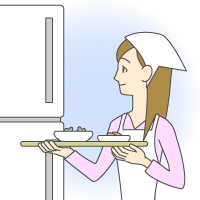
- Wash hands before cooking and dining as well as after visiting the toilet and changing diapers.
- Choose fresh ingredients for cooking meals. Store them in the refrigerator and consume them soon.
- Ensure meat and liver preparations are cooked well before consumption.
- Consume food promptly after cooking.
- Use different chopsticks for cooked and uncooked food to avoid infection, e.g. barbecue meat.
- Prepare drugs inactive to microbiological agents for unexpected occurrences of infection.
- Immediately seek medical attention in case of fever, anal bleeding, or bloody stools. Be particularly attentive to infants and the elderly because they are weaker.
Prevention and precautions for infectious diseases on an overseas trip
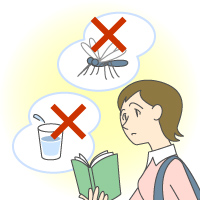
- Gather information about the probable infectious diseases and their modes of transmission at the destination, prior to departure.
- Water is a major source of infections. Avoid drinking water that has not been heated or treated in any manner.
- Avoid adding ice in drinks because ice cubes in drinks are as dangerous as uncooked water.
- Vegetable salads and undercooked seafood are another source of infection. Unclean knives can also help transmit infectious agents. Therefore, pay special attention to vegetables, fruits, and undercooked seafood.
- Insects are carriers of many infectious diseases. Use of insecticides can help to prevent mosquito stings.
- Prepare drugs inactive to microbiological agents for unexpected occurrences of infection.
- Immediately seek medical attention if you have a fever, diarrhea, or bloody stools, during the trip or after returning home.

